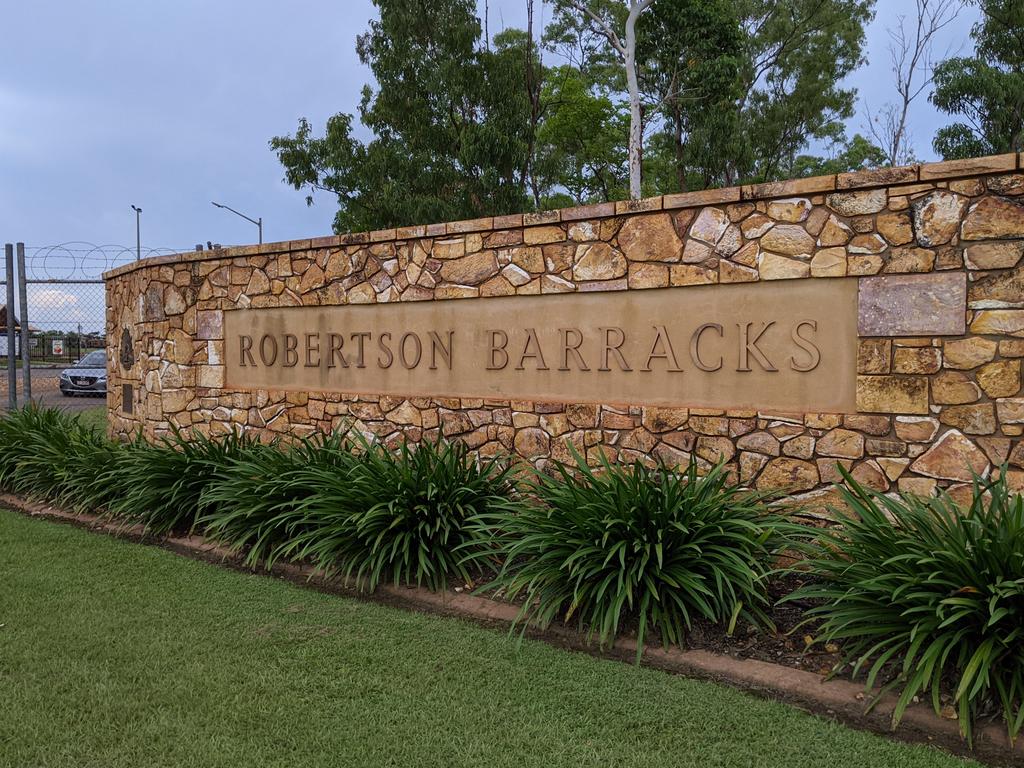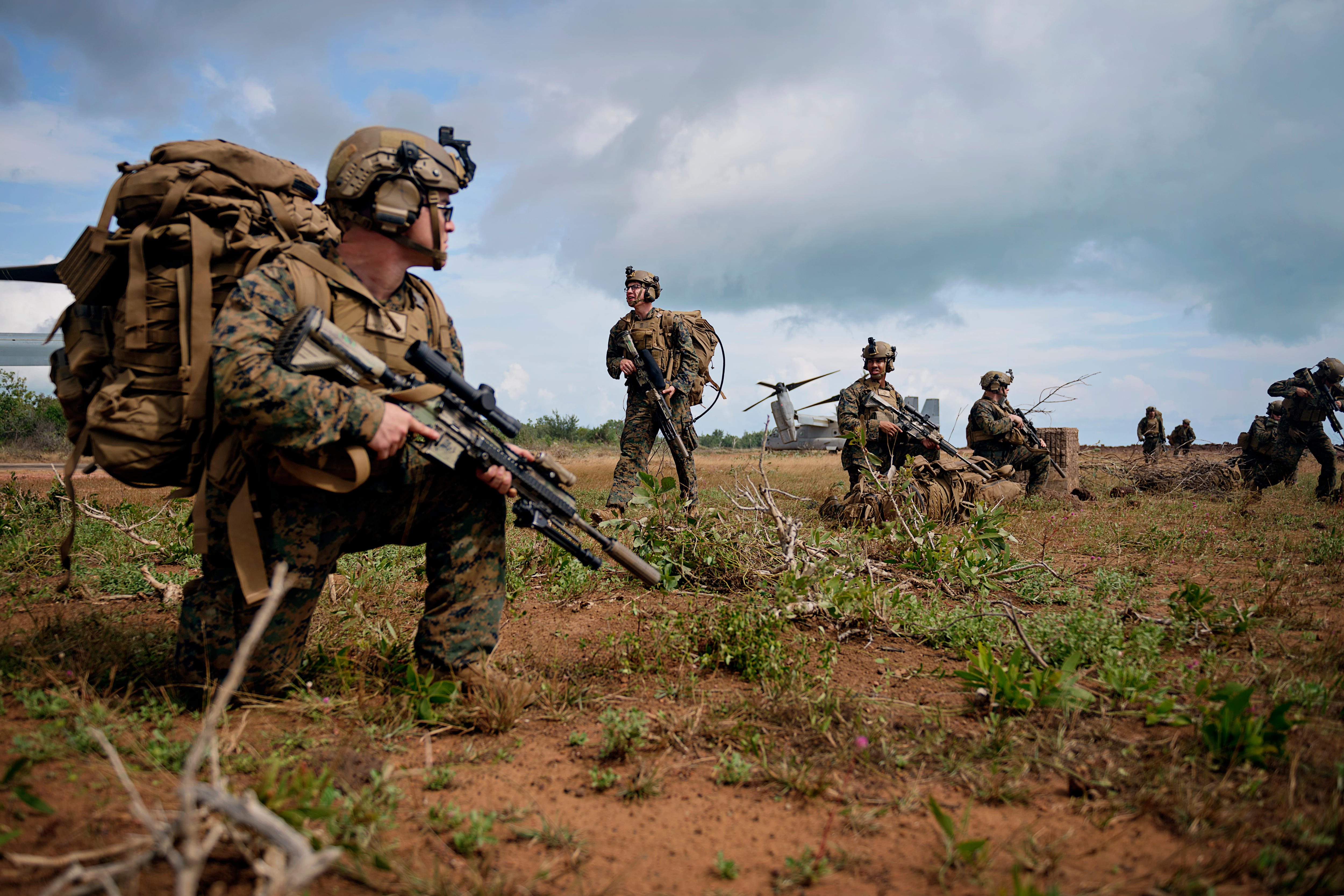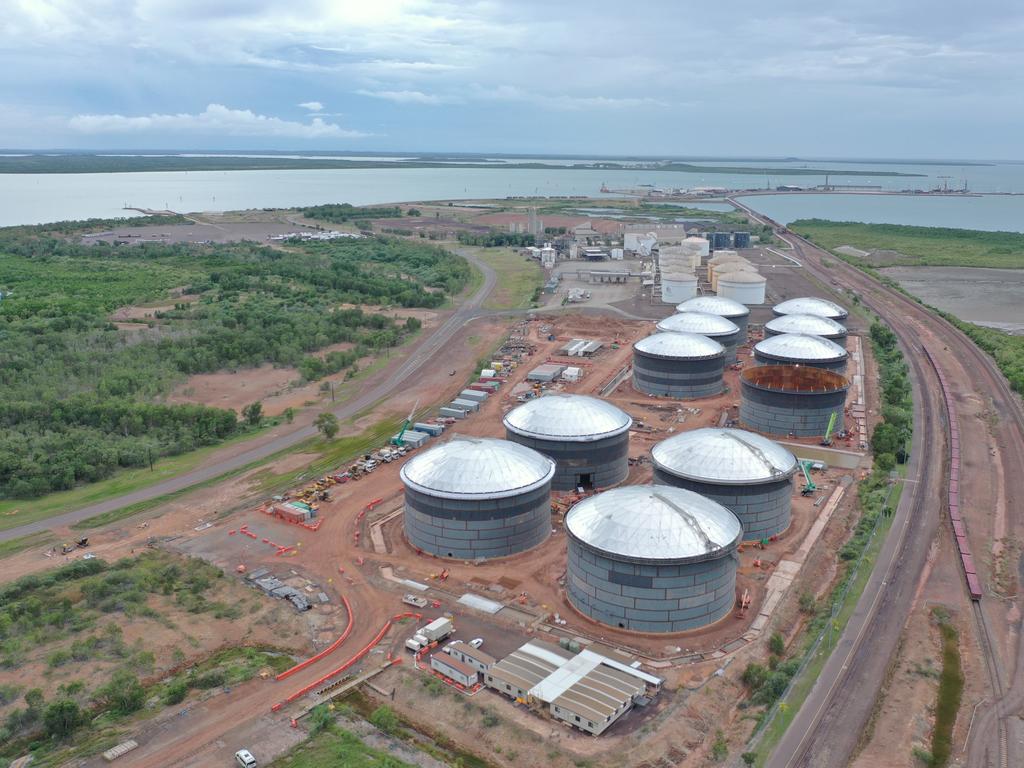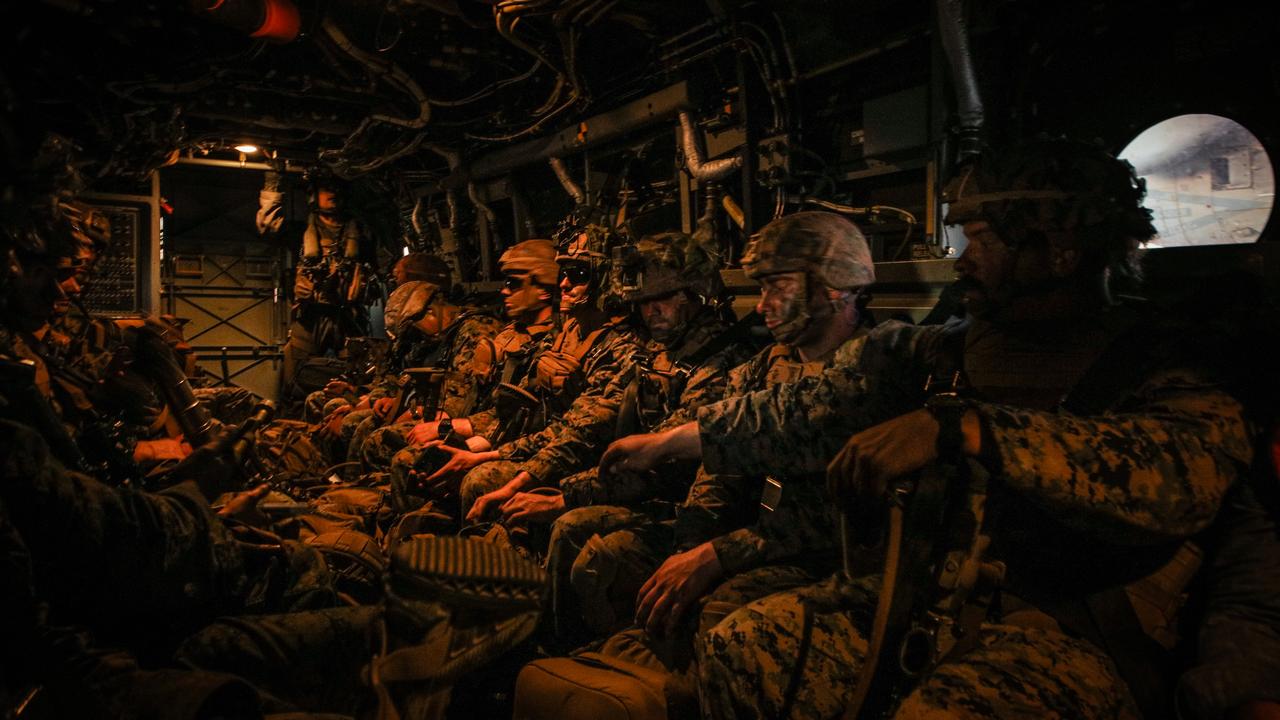Defence Strategic Review reveals key role for Northern Australia

The national significance of key Northern Territory infrastructure assets has been singled-out in a crucial new defence review released on Monday.
The Defence Strategic Review found recent severe flooding which closed the Stuart Highway and Alice Springs to Darwin railway this year had “highlighted the importance” of well-maintained resilient civil infrastructure, including ports and roads that support the network.
The future role of Robertson Barracks, home to the 1st Brigade, in our ongoing defence is unclear, but could potentially be beefed up.
The report forecasts “significant changes to army force posture and structure”, saying army combat brigades “may be re-roled and select capabilities postured in Northern Australia”.





